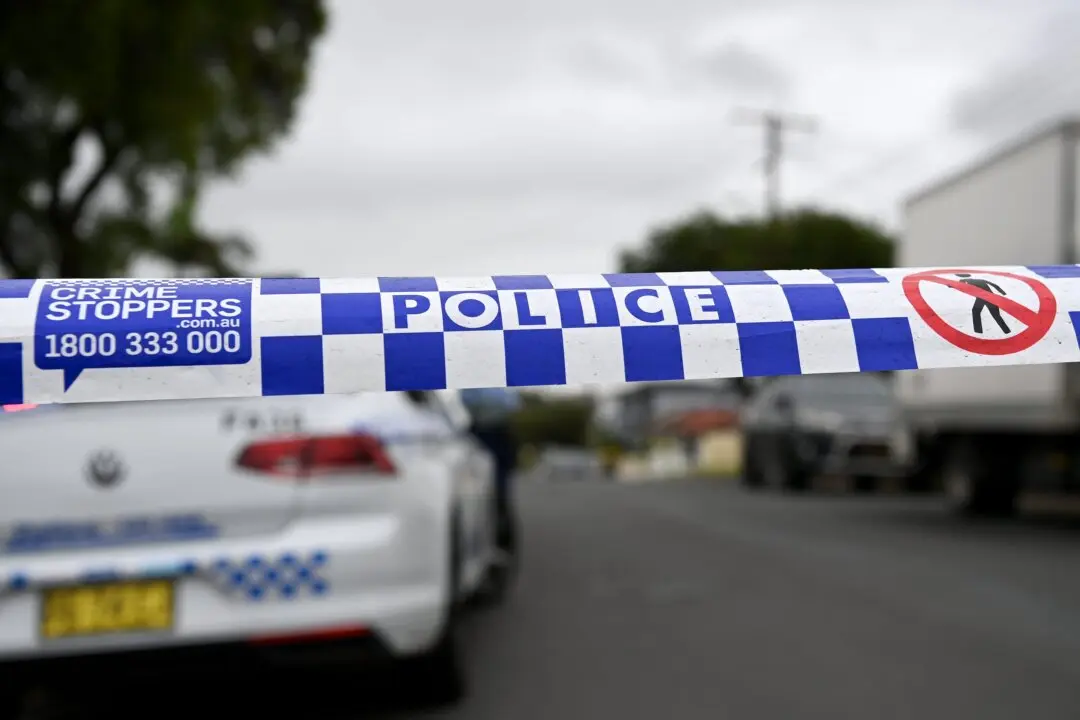Australia’s top medical officer says it would be catastrophic if COVID-19 spread to remote indigenous communities, as protesters are urged not to attend Black Lives Matter rallies.
Thousands are expected at protests in Sydney, Melbourne, Brisbane, Adelaide and Hobart on Saturday to show solidarity with the movement and African American George Floyd who died while being arrested in Minneapolis.





